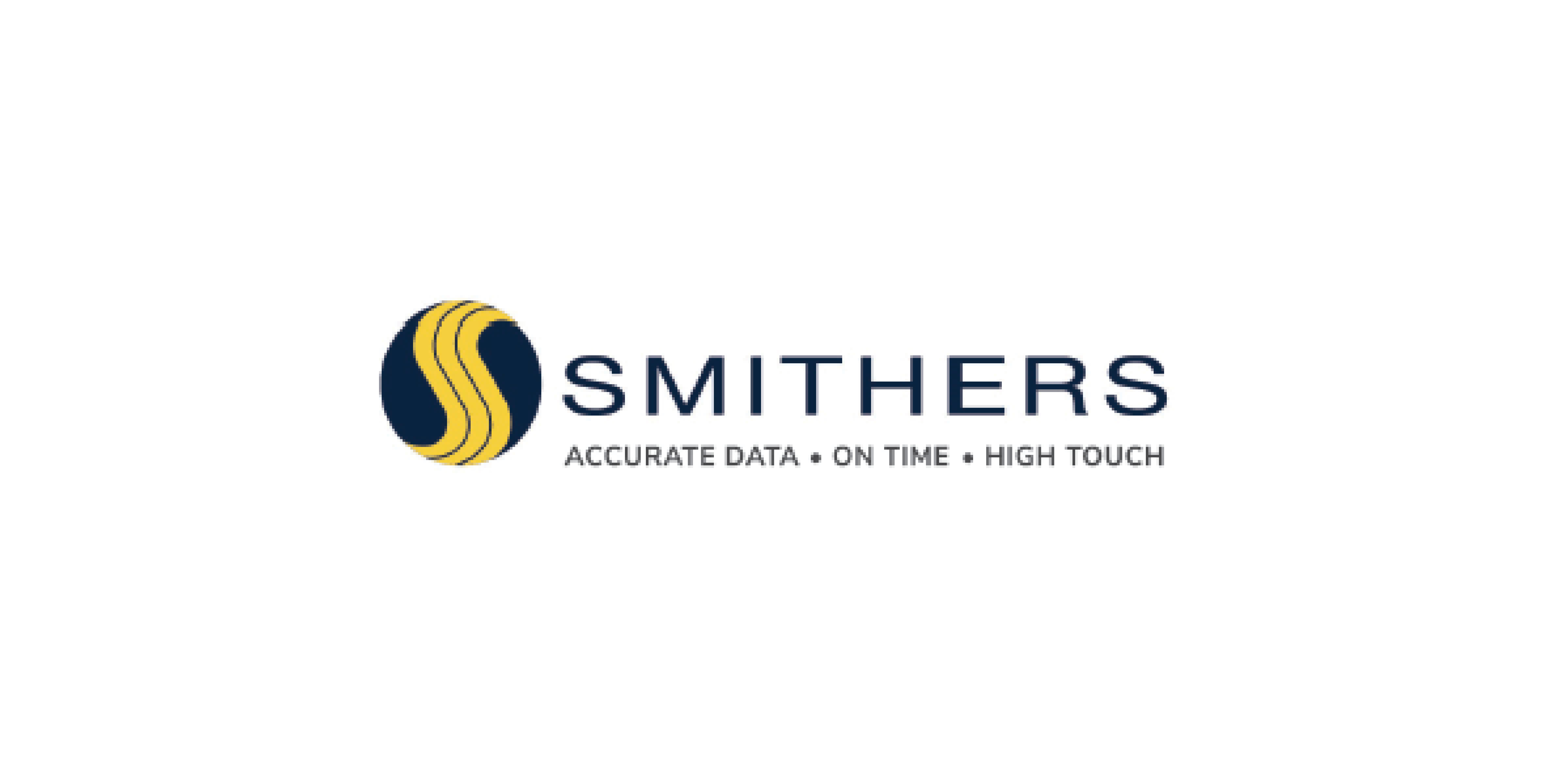7 October 2024

Packaging and labels vital to the strategic future of print
Smithers forecasts +3.6% CAGR for $504.9 billion packaging print market in wake of Drupa 2024
Packaging and labels are increasingly important to the strategic future of the printing industry, with annual sales now worth more than half a trillion dollars.
While traditional publication and graphics markets are static or in decline, rising consumption of packaged goods is fueling growth. This was witnessed at Drupa 2024 earlier this year, with multiple OEMs debuting new machines for printing corrugated board, folding cartons, flexible packaging and labels.
In-depth expert market modelling from Smithers - available to purchase now in The Future of Package Printing to 2029 - show that in 2024 total global value in the sector will reach $504.9 billion (constant 2023 pricing). This will see 14.31 trillion A4 print equivalents of labels, corrugated board, folding cartons, flexible paper and plastics, rigid plastic and metal packaging printed this year; consuming 1.54 million tons of ink.
Despite global economic challenges and new sustainability mandates, a steady growth trajectory is reasserting itself. This will push global value to $604.0 billion in 2029, representative of a +3.6% compound annual growth rate (CAGR), by value. Across the same five years output will increase to 17.12 trillion A4 equivalents.
Both digital and analogue press makers are developing technology to address opportunities across this market. Flexo remains the most widely used print process, especially for high-volume corrugated board, labels, and flexible formats. It accounts for 52.6% of contemporary output. Gravure and offset litho and are also popular, mainly for printing higher-quality graphics on folding cartons and flexible packaging. These account for 20.1% and 17.9% of packaging and labels volume respectively.
For all analogue OEMs, the further penetration of digital print, especially the latest generation of higher throughput inkjet machines poses a direct challenge. Quality is improving on inkjet and electrophotography (toner) presses, even as they become more cost-competitive for longer print runs. These also offer much shorter turnaround times, less wastage, give greater scope for customization, and are easier to integrate with online design and ordering systems - all of which align to calls for greater versatility from packaging buyers.
At Drupa 2024, a host of new machines for high-speed digital printing of folding cartons were shown, there is also a developing footprint of single-pass inkjet corrugated presses, and narrow web toner and inkjet machines are increasingly being configured to also take short-run flexible jobs. The potential of these systems to offer added value means that while digital only accounts for 1.1% of volume in 2024, it represents 3.9% of value. Smithers expert modelling forecasts further expansion with digital output growing at a +12.8% CAGR across the next five years.
In response, analogue OEMs are investing in greater automation both in pre-press and on-press; combining this with superior workflow, online maintenance platforms, and other software, as well as developing hybrid systems with inkjet stations printing variable data elements on high-speed analogue lines.
As technology evolves across the sector, OEMs and print service providers are adapting to changes in packaging materials. The drive for greater sustainability is pushing converters to use more paperboard and coated paper stocks, as well as thicker monomaterial polymer formats in flexibles.
Regulatory developments, including the EU's Packaging and Packaging Waste Regulation (PPWR), are emphasizing recyclability. This is creating a demand for packaging printers to switch to water-based inks, invest in better de-inking technology, and work with new material sets that are easier to recover at end of life. In the narrow web segment, this is pushing converters to move towards thinner, easier to separate labelstocks, lowering ink coverage, and minimizing or switching adhesives.
The Future of Package Printing to 2029, from Smithers, provides unparalleled expert analysis of current and future market trends in this increasingly import sector of the print industry. This is contextualized further by detailed technology profiles of the latest equipment developments, including those shown at Drupa 2024.
This analysis is used to quantify the global market by value and volume across 2019-2029, segmented by:
- Print process - Offset litho, Gravure, Flexo, Screen, Other Analogue, Digital
- Packaging format - Labels, Corrugated & solid fiber packaging, Folding cartons, Flexible packaging, Rigid plastic packaging, Metal packaging
- Geographic and national market - North America, Canada, US; Latin America, Brazil, Mexico, Other Latin America; Asia, China, India, Japan, Other Asia; Western Europe, France, Germany, Italy, Spain, UK, Other Western Europe; Eastern Europe, Poland, Russia, Other Eastern Europe; Middle East, Turkey, Other Middle East; Africa; Australasia.
Follow the link below to find out more.
Downloads INTERGRAF OPENS APPLICATIONS FOR THE 2025 YOUNG TALENT AWARD
INTERGRAF OPENS APPLICATIONS FOR THE 2025 YOUNG TALENT AWARD
4 December 2024
Intergraf is pleased to announce that applications are now open for the 2025 Young Talent Award, an initiative designed to inspire and shape the future of the print industry. This year, the Award invites young talent to explore how print companies can effectively attract and engage younger generations to pursue careers in the print industry.
 Intergraf Economic News (Paper Prices) - December 2024
Intergraf Economic News (Paper Prices) - December 2024
5 December 2024
Access the latest edition of the Economic Newsletter for the European Printing Industry for data on paper consumption, and pricing data for pulp, paper, and recovered paper.











